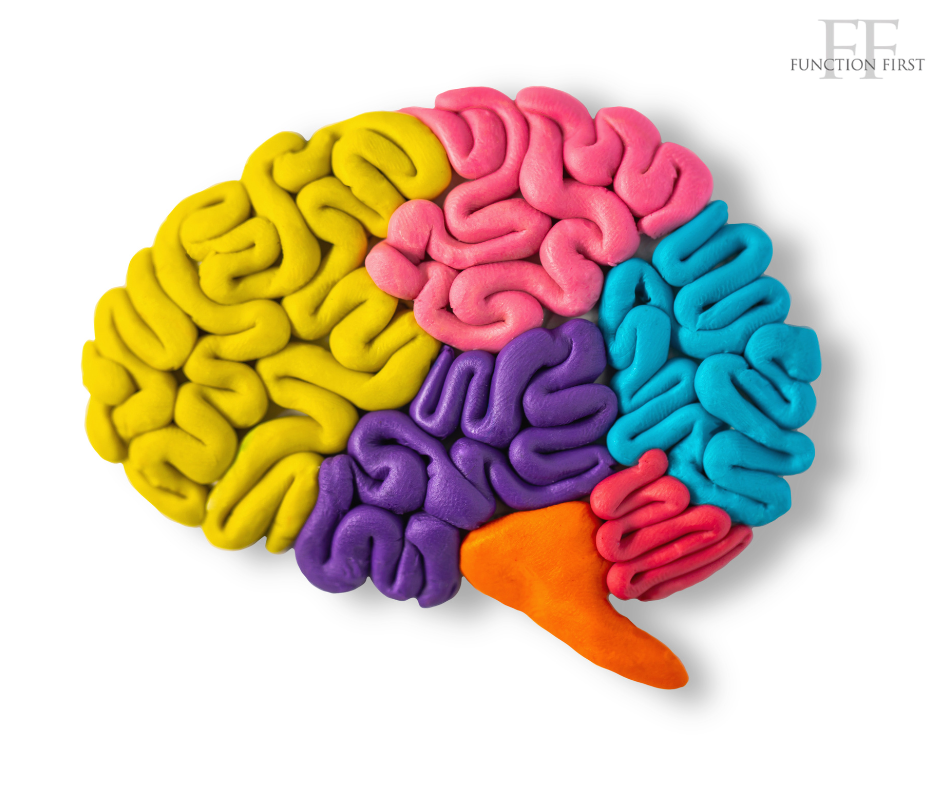Understanding Neuropathy: A Chiropractor's Guide to Nerve Health
Neuropathy, a condition affecting the peripheral nerves, can significantly impact an individual's quality of life. From tingling sensations to sharp pain, neuropathy symptoms can vary widely and often disrupt daily activities. As a chiropractor, it's essential to have a comprehensive understanding of neuropathy to provide effective care for your patients. In this blog post, we'll explore what neuropathy is, its causes, symptoms, and how chiropractic care can offer relief.
What is Neuropathy?
Neuropathy refers to damage or dysfunction of one or more peripheral nerves, which can lead to various symptoms such as numbness, tingling, weakness, and pain. These symptoms typically occur in the hands and feet but can affect other areas of the body as well. Neuropathy can be classified into different types, including diabetic neuropathy, peripheral neuropathy, and autonomic neuropathy, each with its own set of causes and symptoms.
Causes of Neuropathy:
Neuropathy can be caused by a range of factors, including:
- Diabetes: High blood sugar levels can damage nerves over time, leading to diabetic neuropathy.
- Trauma or injury: Accidents or injuries that result in nerve damage can lead to neuropathy.
- Infections: Certain infections, such as Lyme disease or shingles, can cause neuropathy.
- Vitamin deficiencies: Lack of essential vitamins, particularly B vitamins, can contribute to nerve damage.
- Toxins: Exposure to toxins, such as heavy metals or certain medications, can damage nerves.
- Autoimmune diseases: Conditions like rheumatoid arthritis or lupus can lead to inflammation of nerves.
- Hereditary factors: Some individuals may inherit conditions that increase their risk of neuropathy.
Symptoms of Neuropathy:
The symptoms of neuropathy can vary depending on the type and severity of nerve damage. Common symptoms include:
- Numbness or tingling in the hands, feet, or other areas of the body.
- Sharp, stabbing pain or burning sensation.
- Muscle weakness or difficulty moving.
- Sensitivity to touch or temperature changes.
- Loss of coordination and balance.
- Digestive issues or changes in bowel and bladder function.
Chiropractic Care for Neuropathy:
Chiropractic care can play a significant role in managing neuropathy symptoms and improving nerve function. By focusing on spinal alignment and nerve function, chiropractors can help alleviate pressure on nerves and promote healing. Some chiropractic techniques that may be beneficial for neuropathy patients include:
- Spinal adjustments: Gentle manipulation of the spine can help improve nerve function and alleviate pain associated with neuropathy.
- Therapeutic exercises: Specific exercises designed to strengthen muscles and improve flexibility can help support nerve health.
- Massage therapy: Massage can help improve circulation and reduce muscle tension, which may alleviate neuropathy symptoms.
- Nutritional counseling: A balanced diet rich in vitamins and minerals essential for nerve health can complement chiropractic care for neuropathy patients.
Conclusion:
Neuropathy can significantly impact an individual's quality of life, but with the right approach, symptoms can be managed effectively. As a chiropractor, understanding the underlying causes and symptoms of neuropathy is crucial for providing comprehensive care to your patients. By incorporating chiropractic techniques, therapeutic exercises, and lifestyle modifications, you can help your patients find relief from neuropathy symptoms and improve their overall quality of life. If you or someone you know is struggling with neuropathy, don't hesitate to reach out to a qualified chiropractor for personalized care and support.














